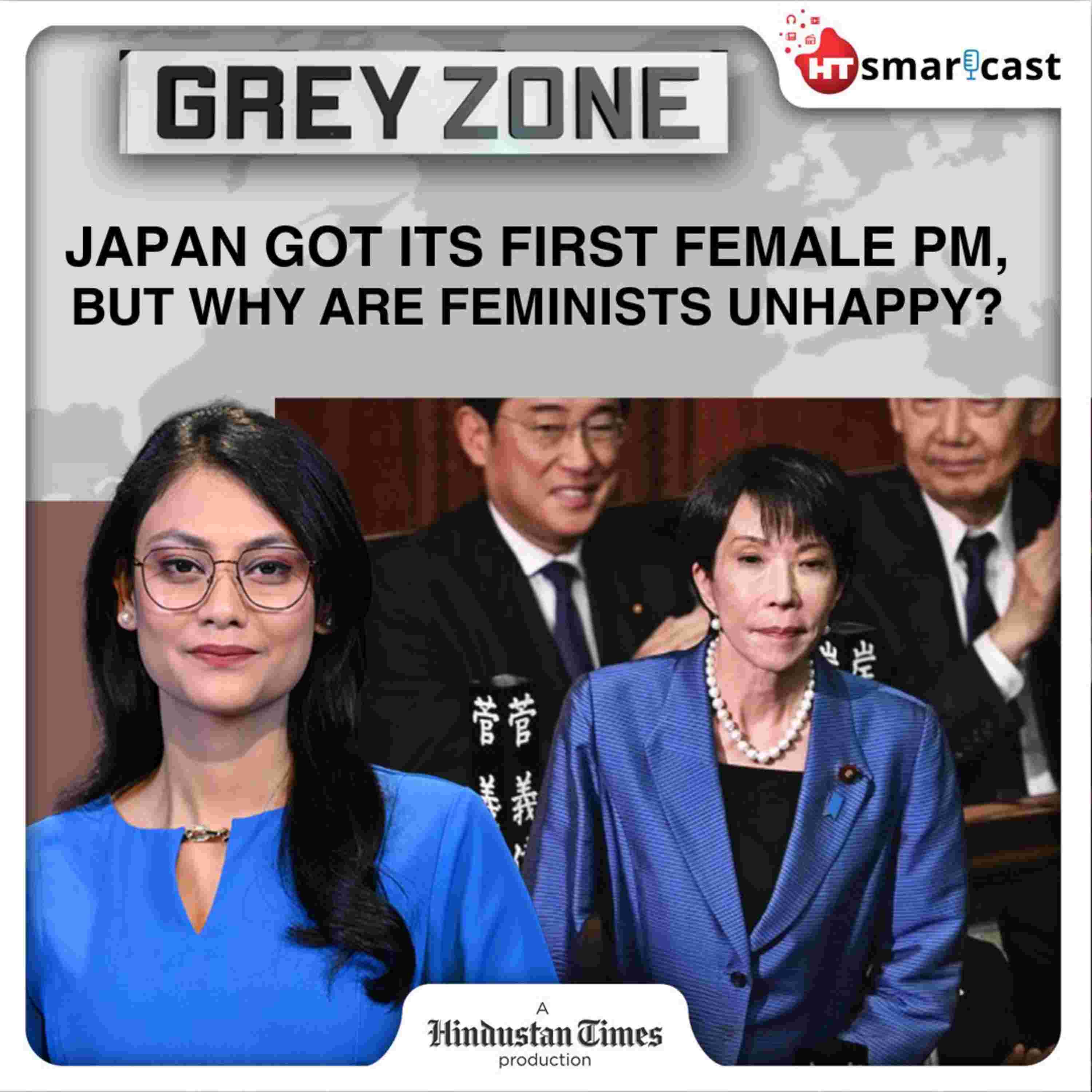

Japan has a new prime minister, Sanae Takaichi, the country’s first female leader in 78 years of democracy. Takaichi, a conservative stalwart, was parliament-selected, not popularly elected, and she became Japan’s fourth prime minister in five years. The paradox is stark: Japan is the fourth-largest economy in the world, a global industrial powerhouse where one in every 12.5 cars is made in Japan, yet societal norms remain rigid. Japanese women are among the most educated globally, yet face pressures to conform to traditional roles — prioritizing marriage, motherhood, and domesticity over leadership or ambition. Feminists worry that Takaichi’s conservative stance may reinforce the patriarchal status quo, rather than empower women. Symbolically, she breaks the glass ceiling; substantively, change may be limited. So why does Japan produce so many brilliant, capable women but so few in power? This story unpacks the tension between economic might, gender equality, and cultural inertia.
Watch on YouTube: https://youtu.be/HXKEKlW-QGU